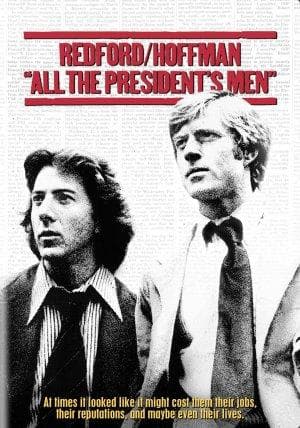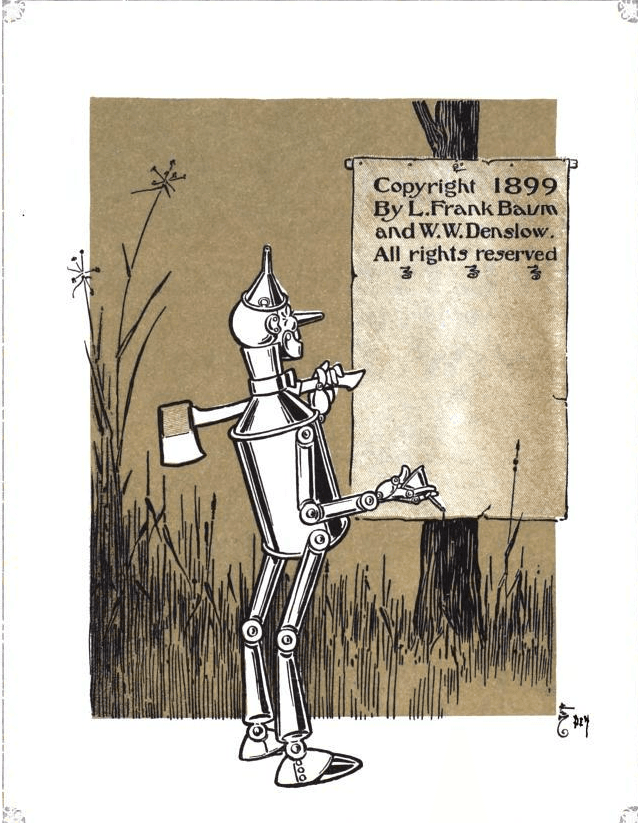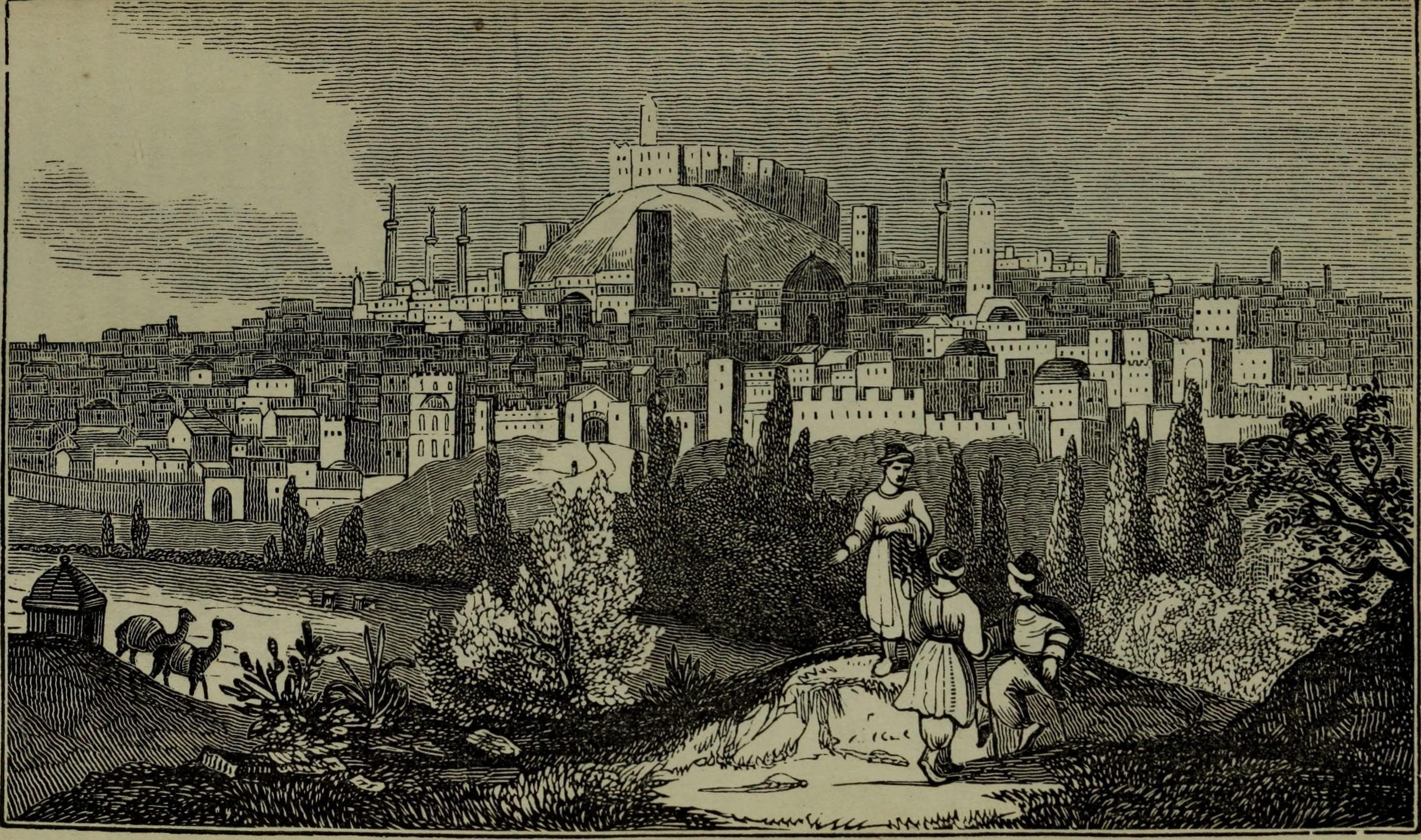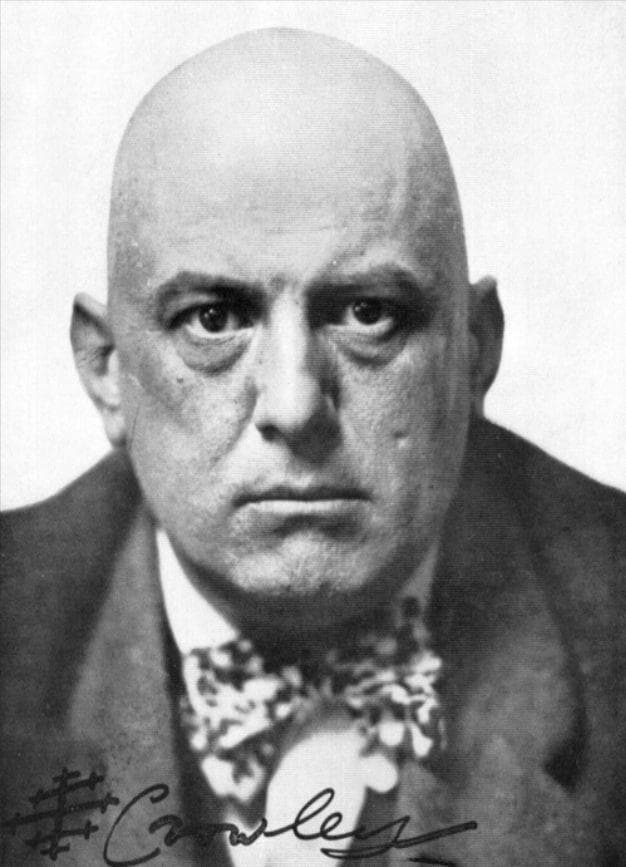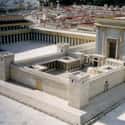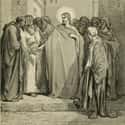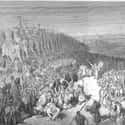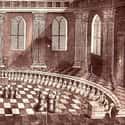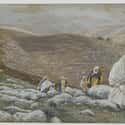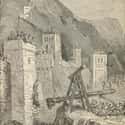-
(#5) A Brand-Spankin-New Temple Was Under Construction
The Temple in Jerusalem, the earthly dwelling place of God, was kind of a big deal. Seeing its political and religious importance, Herod the Great decided to rebuild it from the ground up and make it huge and fancy in the process. This place was like a capital building, cathedral, and football stadium all rolled into one. Thus, Herod really wanted to make it great again (and in doing so make Judea and himself great as well).
The construction was a massive undertaking, though, and it continued long after Herod the Great's death. In fact, it was still underway when Christ came to town. So when Jesus said he would destroy the temple and rebuild it in three days, that raised a whole lot of eyebrows. Naturally, they didn't understand what he really meant.
-
(#11) The Crowds Were Hungry To Hear J.C. Speak
Maybe it was his sage wisdom, maybe it was the miracles he liked to perform, but Jesus was a pretty popular guy. Like, "Homecoming King in freshman year" level of popular. With Jerusalem full to bursting for the Passover feast, there were more than enough open ears for Jesus to preach to.
From the perspective of authority, however, there are few things more dangerous than a guy on a soapbox proselytizing to a receptive crowd. Both the Roman and Jewish authorities would have been keenly aware of Jesus by this point, as he had traveled to Jerusalem to preach and heal several times before. He was definitely considered a person of interest.
-
(#4) The Maccabean Revolt Was Brutal And Contentious
Leading up to the Maccabean Revolt in 167 BC, the then ruler Antiochus IV Epiphanes did pretty much everything possible to piss off the Jewish people. Antiochus was the Hellenistic Greek king of the Seleucid Empire, of which Israel was a part of. The important thing, though, is that Antiochus went all-in on trying to Hellenize the Jews (make them more like the Greeks).
Up to this point, the Jews had pretty much been allowed to practice their religious traditions more or less freely. Under Antiochus, however, life become much more difficult. The dude literally renamed the temple in Jerusalem for Zeus and set up a pagan alter there to sacrifice pigs on.
Add to that the fact that he raided the temple not once but twice, stealing ancient artifacts and treasures worth the ancient equivalent of billions. Oh yeah, he also allegedly massacred 40,000 Jews in a day. So that was obviously not great.
The stage was set for the pushed-way-too-far Jews to go John Wick on this guy. The Maccabean Revolt would end up being successful, restoring independence to Israel. It is in remembrance of this that Hanukah is celebrated.
The whole series of events, however, left a deep rift between the Jewish community and their gentile neighbors. They freakin' hated each other. This fact is critically important to understand when talking about the ministry of Jesus, who pretty much was telling the Jews to get over it and "love thy neighbor."
-
(#6) The Jewish Local Government Was Viewed Warily
This was the Jewish court system during the time of Jesus and it was controlled by the Pharisees. It consisted of 71 Rabbi who passed judgment on criminals that came before them. It ruled on both civil and religious violations of law. This was the council that Jesus was brought before. They lost the ability to impose capital punishment in 30 AD, which is why they ultimately had to seek out Pilate in order to condemn Jesus to death.
The council did not initiate arrests, but it did function to try the accused. There were no attorneys, but instead witnesses were called against the accused, and the accused could call witnesses of their own. The generally did not convene during the Sabbath, festivals, or the eve of festivals, which was the first thing strange about Jesus' trial. The second was that it convened in the middle of the night, when not all of the members were present.
-
(#7) A Ton Of People Were Visiting The City For Passover
It is important to note that many people visited Jerusalem for the Passover festival. Many as in millions, which is insanely impressive for ancient times. With all these people staying with relatives or just camping out, the city's population spilled out into the surrounding countryside.
Not only were the logistics of maintaining civil order in such a scenario staggering, if you wanted to start a revolt this was the time and place to do it. No doubt, the Romans were keenly aware of this situation, shown by the extra military presence in the city at the time.
-
(#8) In 63 BC, Rome Was (Sort Of) Invited In
The Roman dominance over Israel actually started with a fight over succession rights between the two sons of Hasmonian ruler Alexandra. Both of them appealed to Rome for assistance since, well, Rome was the big power player in the area. Rome obliged them, with General Pompey invading Jerusalem and profaning the temple. That probably wasn't what they had in mind, but c'est la vie. First born son Aristobulus II unsuccessfully tried to resist the invasion, which landed Hyrcanus II the job of high priest.
After another internicine struggle, Herod the Great ended up as the next high priest. Rome allowed him nominal rule as a client-king, but they also had a local Roman governor assigned to the area. Rome also ended the tradition of the high priesthood being determined by succession, replacing it with an appointee system. Naturally, these appointees had to be approved by Roman authorities.
New Random Displays Display All By Ranking
About This Tool
Why can Jerusalem has such a large influence has always been a topic discussed by historians and political scientists? These are closely related to the complex background and long history of political conflict in this region. The conflict faced by Jerusalem goes far beyond what we know about the history of different political entities and nationalities and religious traditions. According to historical records, Jesus was taken to Jerusalem shortly after his birth.
Jesus also spent the last week of his life in Jerusalem and cleansed the temple before his crucifixion. He praised Jerusalem as the "holy city", but predicted that it would face destruction and be trampled by the Gentiles. The random tool described 13 things of the political situation in Jerusalem when Jesus arrived.
Our data comes from Ranker, If you want to participate in the ranking of items displayed on this page, please click here.



